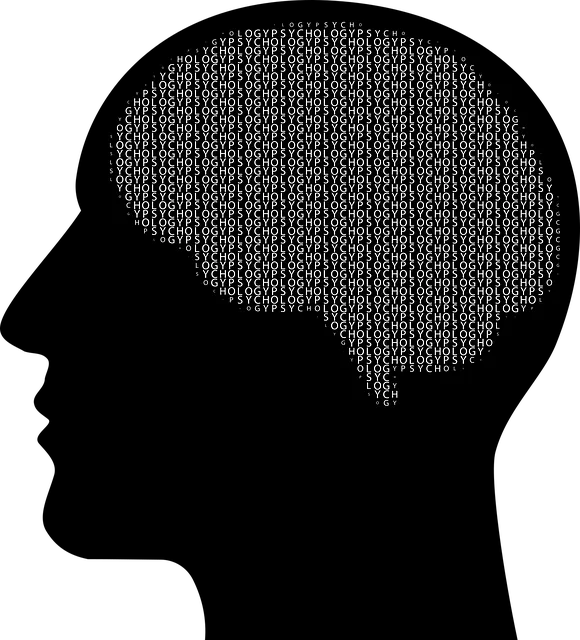Aurora's challenging mental health landscape is addressed by Kaiser's specialized Inpatient Mental Health Services, which embrace Recovery-Focused Approaches (RFA). This holistic strategy emphasizes hope, healing, and resilience through evidence-based practices like mindfulness, cognitive reframing, and physical activity. By integrating these methods, Kaiser equips patients with lifelong coping skills to navigate life's challenges, fostering emotional well-being in Aurora and driving policy reforms for optimal mental health outcomes.
“In today’s fast-paced world, mental resilience is key to navigating life’s challenges. This article explores an effective framework, RFM (Recovery, Flexibility, and Mastery), and its role in enhancing mental health. We delve into how Aurora’s Kaiser Inpatient Mental Health Services provide specialized care, utilizing innovative techniques. Furthermore, we present a range of resilience-building exercises that empower individuals to develop coping strategies, fostering adaptability and emotional well-being.”
- Understanding RFM and Its Role in Mental Health
- Kaiser's Inpatient Mental Health Services: An Overview
- Resilience Building Exercises for Effective Coping Strategies
Understanding RFM and Its Role in Mental Health

Understanding RFM, or Recovery-Focused Approaches (RFA), is pivotal in modern mental health care, emphasizing hope, healing, and resilience. This approach shifts the focus from the severity of symptoms to an individual’s strengths and resources, fostering a path towards recovery and improved mental wellness. In the context of Aurora and Kaiser’s inpatient mental health services, RFA forms a cornerstone of treatment strategies.
By integrating RFM into mental health policy analysis and advocacy, healthcare providers can advocate for more holistic care models. This involves supporting patients in developing emotional regulation skills, enhancing their ability to navigate life’s challenges. Such practices not only cater to individual needs but also contribute to broader mental health policy reforms, ensuring that services align with evidence-based strategies like RFM, ultimately benefiting those seeking inpatient care.
Kaiser's Inpatient Mental Health Services: An Overview

Aurora, much like other urban centers, faces mental health challenges that require comprehensive solutions. In this regard, Kaiser’s Inpatient Mental Health Services stand out as a beacon of hope for many in need. These services offer specialized care tailored to various mental health conditions, ensuring individuals receive expert treatment and support during their most vulnerable moments.
Kaiser’s approach integrates a range of effective interventions, including conflict resolution techniques and coping skills development programs, designed to promote mental wellness. By combining medical expertise with holistic healing strategies, Kaiser aims to empower patients with the tools needed for long-term resilience. This inclusive care model not only addresses immediate needs but also fosters the ability to navigate life’s challenges with enhanced emotional well-being.
Resilience Building Exercises for Effective Coping Strategies

Resilience building exercises are crucial for developing effective coping strategies that can help individuals navigate life’s challenges and stress. These exercises, such as mindfulness meditation, cognitive reframing, and physical activity, play a significant role in fostering emotional intelligence and self-care practices. By participating in these activities, individuals can enhance their ability to withstand difficult situations, promote Burnout Prevention, and maintain overall mental well-being.
Aurora does Kaiser have inpatient mental health services? Indeed, many healthcare providers, including Kaiser, offer specialized programs aimed at supporting individuals through intensive resilience building exercises. These programs recognize the importance of holistic care, addressing not just symptoms but also empowering patients with lifelong tools to manage stress and adversity. Incorporating such exercises into one’s routine can be transformative, fostering a sense of control and resilience that extends beyond the confines of a clinical setting.
Aurora, like many modern healthcare providers, recognizes the vital role of resilience-building exercises in enhancing coping strategies. As discussed, Kaiser’s inpatient mental health services offer a comprehensive approach to understanding RFM (Risk, Frequency, and Motivation) as a tool for improving mental well-being. By integrating specific resilience-focused activities, individuals can navigate life’s challenges more effectively, fostering a sense of empowerment and optimism. Therefore, Aurora encourages exploring these strategies to complement traditional mental health treatments, ultimately leading to better outcomes and improved quality of life.



